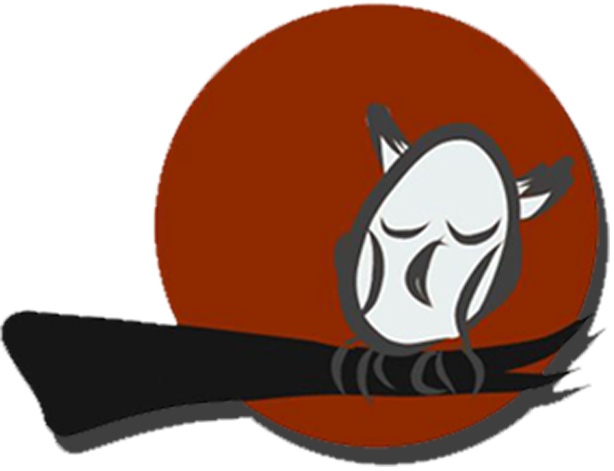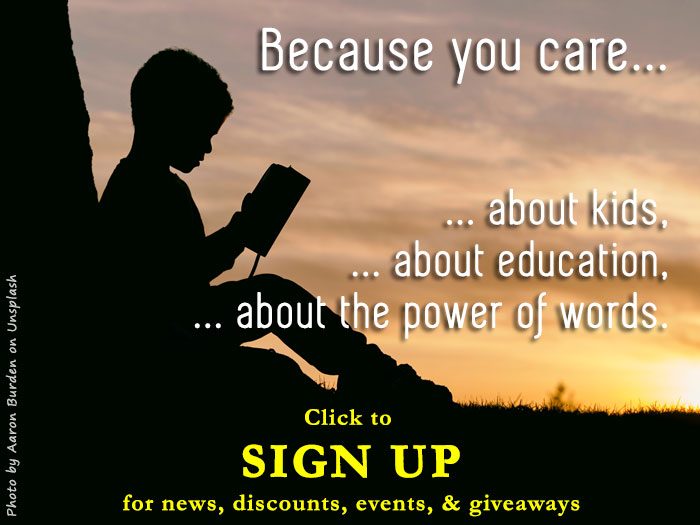I asked a friend if he knew anyone with young children. I was eager to share my news about recently completing the manuscript for “Misho.”
He replied, “No, I’m not a big fan of small children.” His candor made me laugh.
“You don’t have to be familiar with young children to like children’s books,” I told him.
There are plenty of books that resonate with adults–even if we don’t admit it to others.
That made me think about the audience for “Misho.” Sure, it’s for the kids who have to go through hard times all alone–bullying at school or at home–and for any child whose dreams get lost along the way while growing up.
But Misho is also for adults.
First, “MIsho” is a tool to help parents, teachers, and mentors to open a dialogue about failure. Failure is not the sunniest topic. As parents, we tell our children about persistence and success. But we seem afraid to talk about failure, about how it’s part of the adventure of life. We’re all a little superstitious that way, not wanting to “jinx” our kids lives. I hope that the book can be used by people studying for a masters degree for early childhood when this topic arises. I didn’t have anything like this and that is why I created it, to create an opening on the topic.
If you don’t talk about Bad Things, then they can’t happen, right?
But Bad Things do happen. Sometimes it can be a small injury that could be treated with something like a kinesiology tape, or it might be the unexpected death of a close relative or friend. And the truth is, they change us inside. In fact, it will also change our children. I wrote “Misho of the Mountain, a Read-Aloud Adventure in Five Parts” to help children learn early to take failure in stride.
But it’s also for the parents, mentors, and teachers who read Misho aloud–one of my favorite activities with my kids when they were small. How many ballerinas and undersea explorers and astronauts are hidden in little dark corners of our childhood memories? When adults read Misho’s story to their children, they can connect back to those dreams and talk to their children on their own level.
Misho was written, too, for anyone who has reached a point where they feel they can’t go on, because sometimes “life sucks.” When we feel like we just can’t measure up, it all gets overwhelming.
Our society shackles us with such rigid constraints for beauty and success: the prince is handsome; the princess beautiful; if you try hard enough you will reach your dreams. When we don’t make the team, get that promotion, look like a prom queen, we feel broken. If the hero always wins, who am I if I don’t win? It can’t help but damage our self-esteem.
Would we be less injured, less damaged if we learned early that it’s okay to fail? That it’s okay not to measure up to someone else’s image of beauty and success?
The truth is that we are all beautiful in our own way. Whilst some of us are naturally endowed with genes from our parents, others may have to rely on enhancing products that contain multi action sculpting cream ingredients to help make our skin look healthier and younger. It is important to believe that we are all beautiful in our own way. Our inner beauty reflects on the outside. As long as we represent who we are to the outside world without any façade, we are just being true and beautiful to ourselves. And, in that light, there is no harm in checking out where to get botox in melbourne (or in your vicinity) or trying other skincare routines. In the end, if it makes you confident, just go about it! We’re all different, and that is what makes the world a better place to be. We shouldn’t have to feel inferior to anyone. But unfortunately, society makes us feel a certain way. Is there a way to talk about all the scary stuff without actually scaring your children?
Misho and and her friends think so.
Diana Diehl
Latest posts by Diana Diehl (see all)
- Free Family Fun — Adventure at the OCCBF - September 9, 2018
- 6 Things You Can Do To Manage Anxiety - August 27, 2018
- How to save a dog and and avoid frightening surprises - May 23, 2018



This is a test of the comment and subscription system by Diana. “Sign me up for updates to Misho of the Mountain” is checked under comments. Where does the subscription info go?
1) Jetpack DB
2) Email subscribers DB